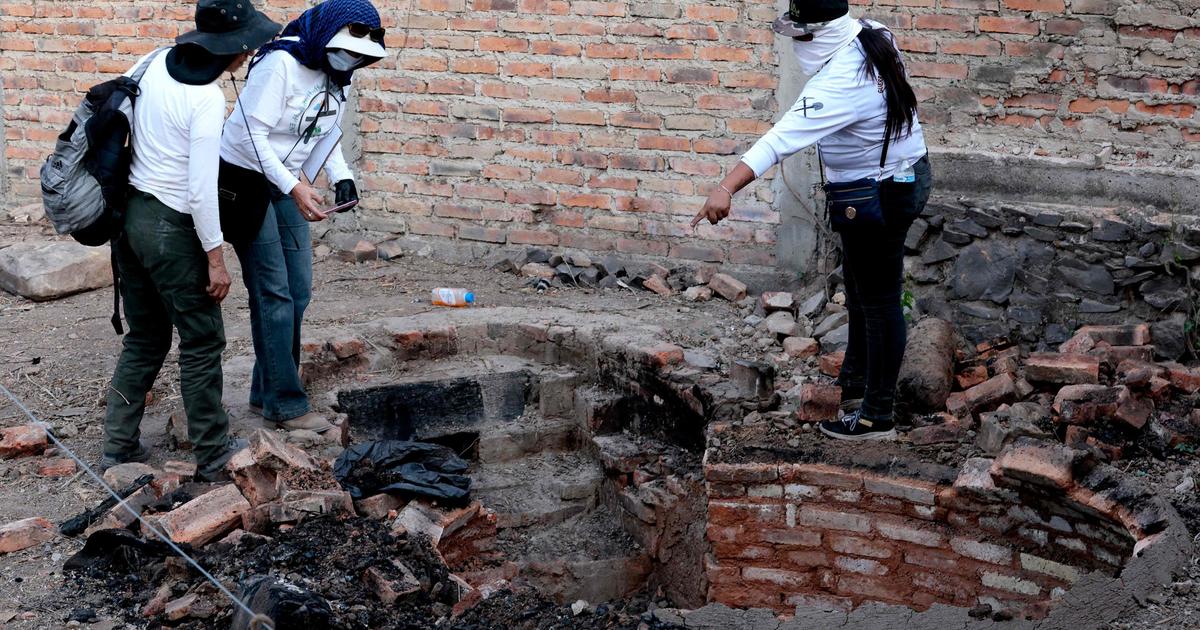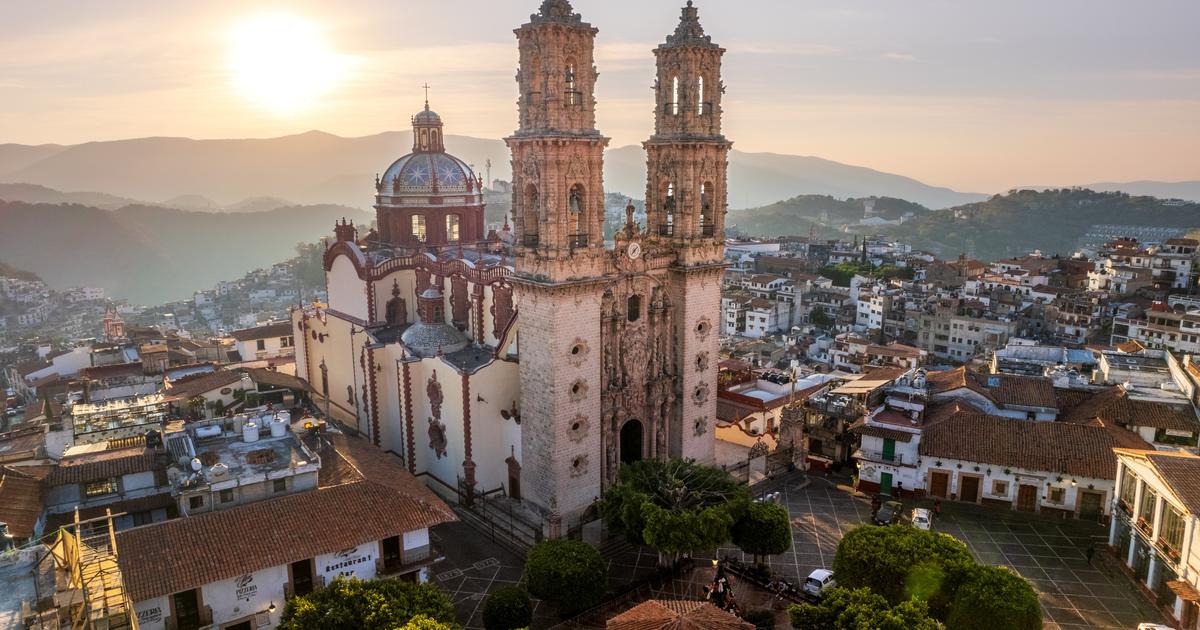Mexican historian Susana Sosenski, specialist in the study of childhood, at UNAM on March 24, 2022.Claudia Aréchiga
Susana Sosenski is a pearl hunter.
Her treasures are colored drawings, diaries of girls who recount the exile or testimonies of minors before the courts of 1940. The Mexican is one of the few historians in Mexico dedicated to the study of childhood.
In a specialty made up mostly of women, Sosenski digs through archives from the first half of the 20th century trying to find the smallest voices.
“Being a child in ancient Greece is not the same as being a Zoque child in southern Mexico today.
Childhood changes over time”, says the historian, who investigates: what did children play in the Mexican Revolution?
How did they experience the Great Depression?
What did they contribute politically and economically?
And when she tracks with those questions, they show up.
The researcher, who received the Sor Juana award this year from the National Autonomous University of Mexico (UNAM), has dedicated a large part of her career to recovering the participation of children in history: their mobilizations, their consumption and productions, their program of savings and its workforce.
In his latest project,
Robachicos.
History of child kidnapping in Mexico (1900-1960),
Sosenski submerged himself in fear to rescue the voices of children silenced by violence.
The book was an exercise of putting a nation before the mirror, of investigating the past to find elements that allow explaining the present.
In 2021, in Mexico 13 minors disappeared per day, two per hour.
"We are in a terrifying stage of disappearances of children," summarizes the researcher, who questions: "What was done in Mexico to get to this?
To avoid this?".
In the 20th century, Mexico was a country tormented by its stolen children.
The press had displayed its power to create a climate of social panic.
The monitoring of cases such as that of Fernandito Bohigas, the son of an accountant in the Juárez neighborhood, or Norma Granat, from a family of movie magnates, contributed to tougher penalties for child kidnapping.
Now it is up to 15 years old, but Sosenski points to a broken social fabric: “The laws alone are not going to solve the situation.
Children should be able to safely go to school or public parks without their parents.”
“
Robachicos
is also a denunciation of what we are: how is it possible that we have built a country where children have less and less freedom in public space?”
To write the book, Sosenski read hundreds of court records and was filled with cases narrated in the red note.
She was damaged by the pain of the mothers who were already screaming in the streets 100 years ago for her children.
Today they are other mothers, other children, but they are also the same.
“The book shows that it is a situation that we have been carrying for decades,” she says.
So, the main causes of child abduction were already sexual abuse and trafficking.
"The use of girls for the sexual prostitution of others begins very early in Mexico," explains the historian, who clarifies: girls and poor.
"In a very patriarchal and very macho society, the body of a poor girl was a disposable object, used, thrown away and no one cared," she says, "and we continue with that."
Unlike the kidnapping, the alarm was not installed in the country for the hundreds of raped girls.
“In the trials and the files there is no consideration.
It's more like: 'It happened to you, it's natural, it was difficult for it not to happen to you, accept it, don't cry, you're going,' details Sonsenski.
And in a past reminiscent of the present, he adds: “What I see from 1900 to 1960 is a great corruption of the authorities.
They are policemen who go to those brothels and use those childish bodies.
They are policemen who protect those who abuse.
In addition to a justice system that is not working, there is a state apparatus dedicated to protecting the perpetrator.”
“Violence against children is part of the patriarchal culture”
Mexico has made progress in recent decades in the protection of children.
For Sosenski, it is important to recognize them: the transition to a family culture where their being beaten or their definition as subjects of rights, who can express their opinions and be consulted in divorce proceedings, parental authority or gender reassignment, is already questioned.
Even so, the figures for Mexico are cruel to children.
It is the OECD country with the highest number of abuses —5.4 million children each year—, 3.2 million minors work, 8,000 child pregnancies are registered annually, five million children dropped out of school during the pandemic, and in In the last decade, more than 21,000 children have been killed by violence, and 7,000 have disappeared.
—What elements does history give us to understand the current situation?
—What history shows is a great continuity.
I think it has a lot to do with the application of justice and the great impunity that has existed since quite ancient times.
For example, of the processes that I found for kidnapping or abuse, few have a sentence.
Today we continue in a similar dynamic.
The other big problem that we continue to have is a deeply patriarchal culture, because violence against children is also part of that culture: it is the conception of the child's body, the female body, as an object.
There is a node there that if we don't solve, I don't know where the exit is.
subscribe here
to the
newsletter
of EL PAÍS México and receive all the informative keys of the current affairs of this country
Exclusive content for subscribers
read without limits
subscribe
I'm already a subscriber

/cloudfront-eu-central-1.images.arcpublishing.com/prisa/D5ZO7FTAXZBOZPLFWUFXNZOA4Q.jpg)




/cloudfront-eu-central-1.images.arcpublishing.com/prisa/L2GUYXJ3FVDMXESOLU4CJ4VQZY.jpg)

/cloudfront-eu-central-1.images.arcpublishing.com/prisa/AHJ62TE64BG7PM33WYWZW45VXE.jpg)
